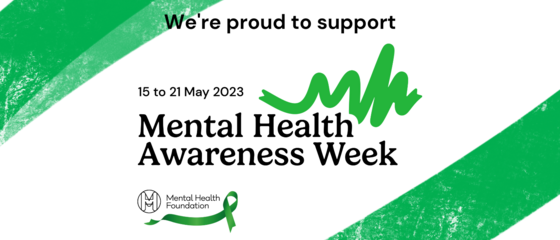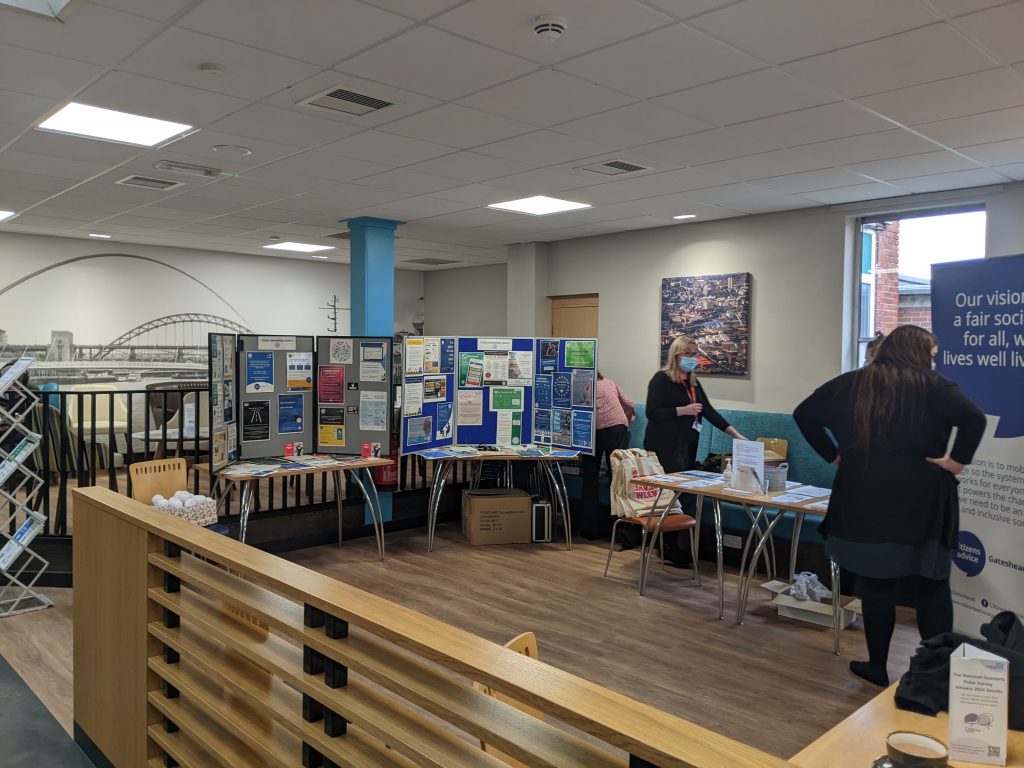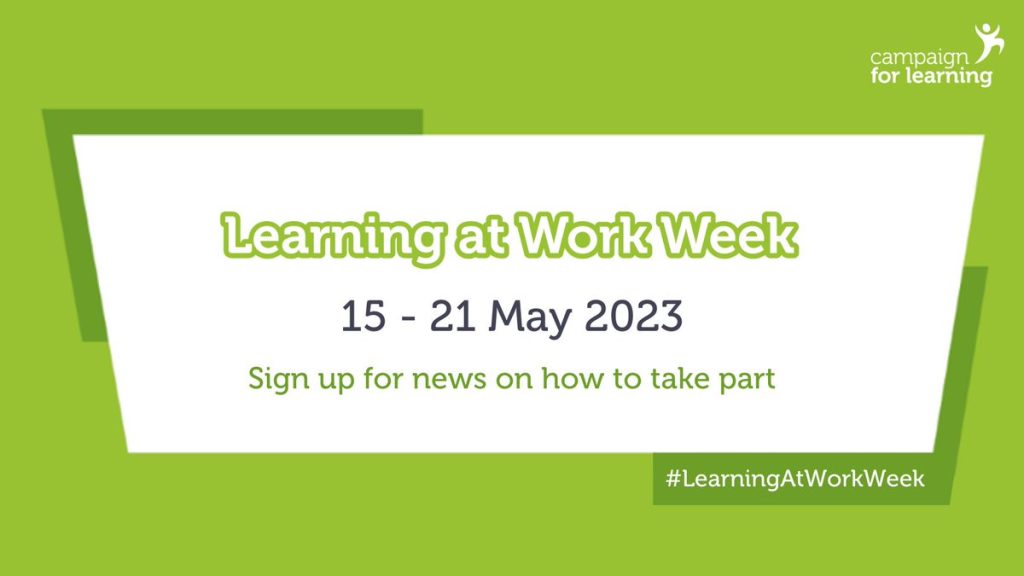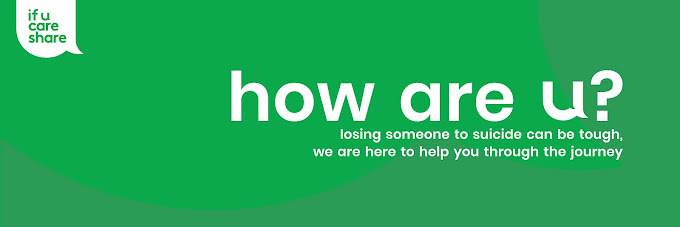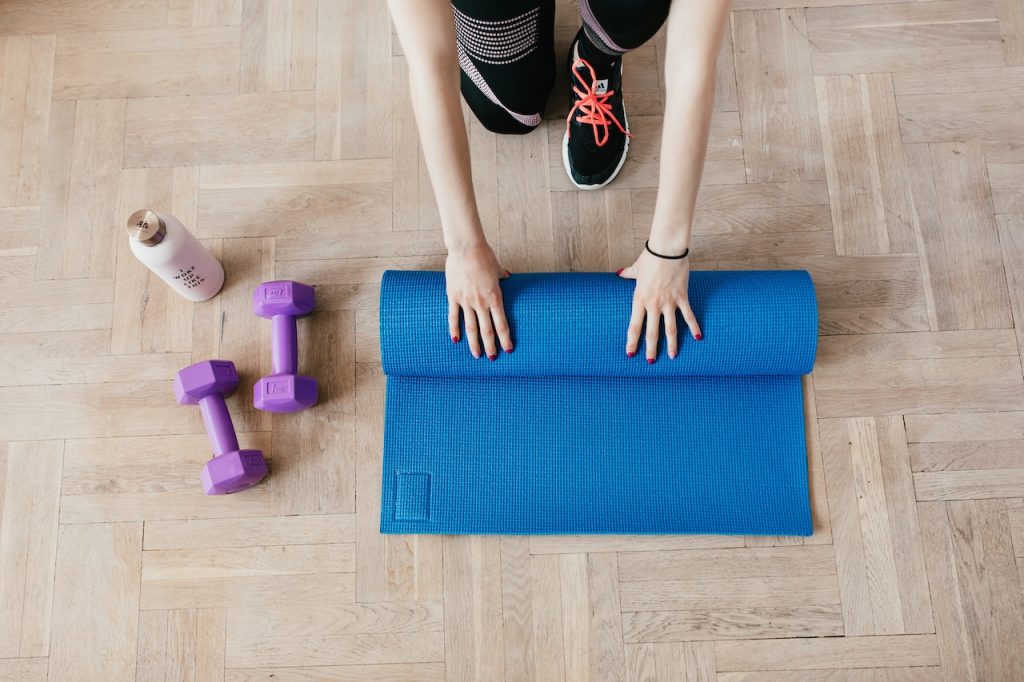Self-Care tips:
Talk:
Work, relationships, pressures, life events or otherwise. Whatever the cause of your anxieties simply being able to communicate about your experiences and feelings can often be helpful.
Here at Gateshead Health we have a fantastically supportive occupational health and wellbeing team, within which we have expert listening services including our Counselling service – which all colleagues a free to self-refer to. Also available is completely confidential support from NENC ICS Staff Wellbeing Hub‘s range of talking therapy offers, while we also work closely alongside the likes of Gateshead Talking Therapies to promote their services.
Of course, sometimes a listening ear is all that is needed and that may be something more straightforward. Gateshead Health is home to dozens of trained Mental Health First Aiders, there to provide someone to chat to and who can provide supportive signposting based on the challenges you’re experiencing.
And elsewhere, Schwartz Rounds provide a fantastic opportunity to connect with fellow colleagues over some of the shared experiences and challenges we often face in the healthcare environment – or simply more about the roles each of us operate in. When surveyed, more than 95% attendees of rounds at Gateshead shared that they felt the group discussion within a Round was helpful to them, while 98% said they’d recommend attending a Round to a colleague.
Socialise:
When experiencing feelings of anxiety many of us might want to lock ourselves away and hide from the world. Like talking, it can often be easier said than done, but getting out there and investing time in yourself can be a fantastic way to boost mental wellbeing and reduce anxiety.
Here at Gateshead we have a range of dedicated support groups for colleagues experiencing challenges which may introduce anxiety. Amongst these is our Menopause Warriors support group, who meet monthly and also maintain a buddy system for a more personal approach to support. Elsewhere, our Carer’s Circle benefits from the involvement of former care sector workers and current counsellors – providing another supportive, safe and understanding space to discuss challenges.
Gateshead is also home to regular social clubs. Amongst these include a sewing group, a singing group, a knitting and crochet club and an outdoor activity and wellbeing group; all of which more can be found out about here.
Our Staff Networks are another fantastic source of support for colleagues at Gateshead, with our GEM, D-Ability, LGBT+ and Women’s Networks all meeting regularly, helping drive equity for all and providing individual support where possible.
And speaking of investing in yourself, all colleagues can access free salon treatments on-site at the QE Hospital, Bensham Hospital and Blaydon UTC on any Friday during term-time. Whether it’s a manicure, pedicure or head massage you’re after, why not spend 30 minutes being pampered and switch off from work at work?
Access help:
One of our key focus areas for 2023 is financial wellbeing. With the ongoing cost of living crisis only serving to increase the financial pressure on many of us, we launched the #GHMoneyMatters campaign – aimed at not only supporting those in hardship but at providing #SomethingForEveryone, no matter your financial situation, plans or concerns.
Kicking the campaign off was the launch of the #GHMoneyMatters Guide to Financial Wellbeing, a resource which collates pretty much all of the financial wellbeing support available to you. We fully recommend downloading a copy of the guide and seeing what savings, discounts, freebies, advice and more that you might be missing out on.
Elsewhere, we recently launched the #TeamGateshead Item Bank, providing colleagues in financial hardship with access to an on-site bank of non-perishable foods and toiletries.
And those seeking advice of any kind – financial or otherwise, would do well to lean on our partnership with Citizens Advice Gateshead. Hosting weekly drop-ins at Gateshead Health sites and offering a priority support line and email address for those who can’t pop in, Citizens Advice Gateshead can help you with any queries within one working day. Advisors are even holding regular seminars for staff on-site focusing on topics such as debt and budgeting – helping you get to grips with your finances.
Participate:
While we’ve mentioned just some of the ways you might look to help your anxiety, we’re also asking you to take a minute to think about how you tend to tackle those anxious feelings and thoughts – and to share those to the benefit of others.
To that end, we’re also taking part in the #ToHelpMyAnxiety campaign – encouraging colleagues to share some of the steps they take to tackle anxiety in the hope that sharing can help others in managing and overcoming anxiety. Just comment on our post in the Staff Facebook Group or tag us on Twitter, @HWBGateshead!
